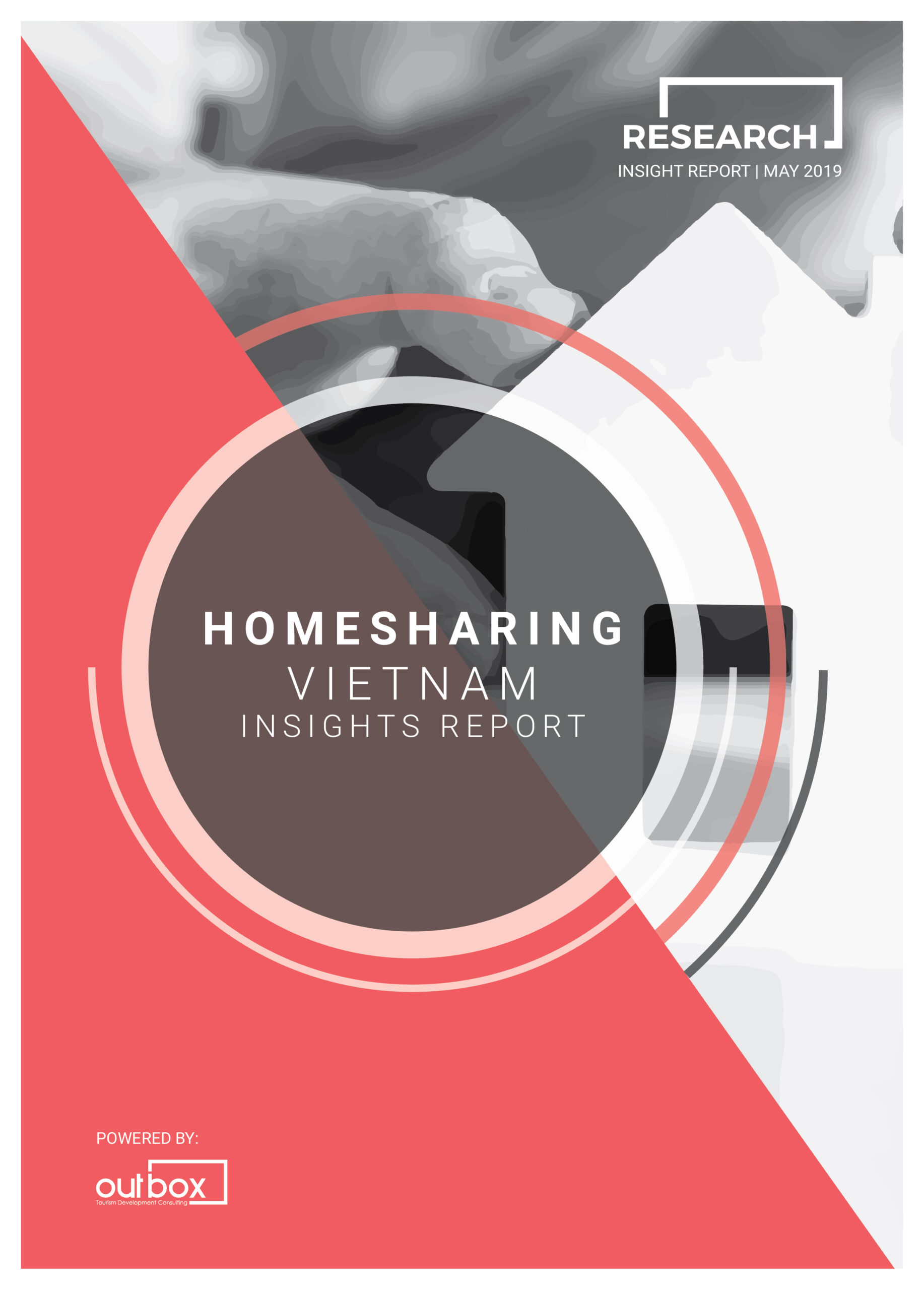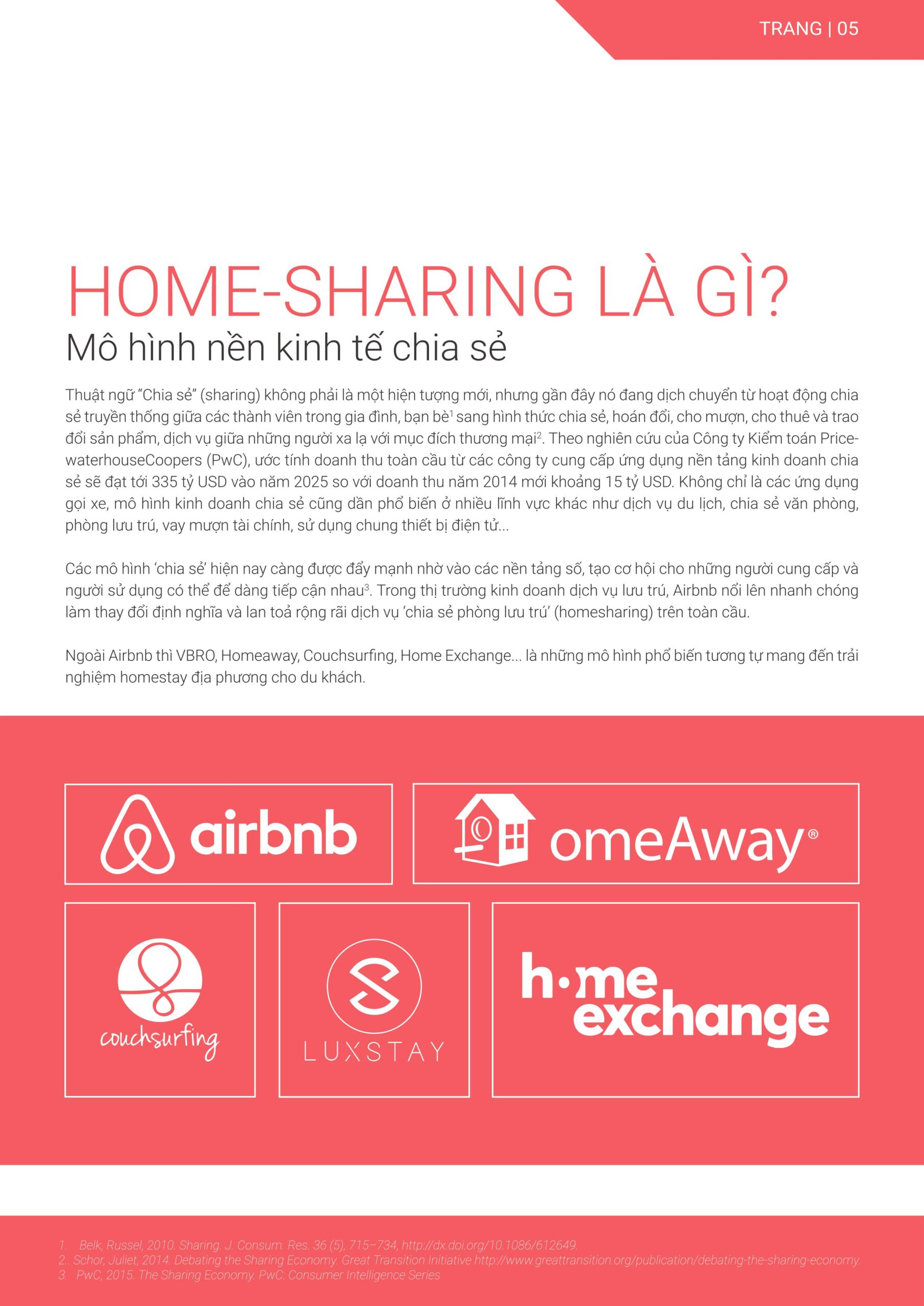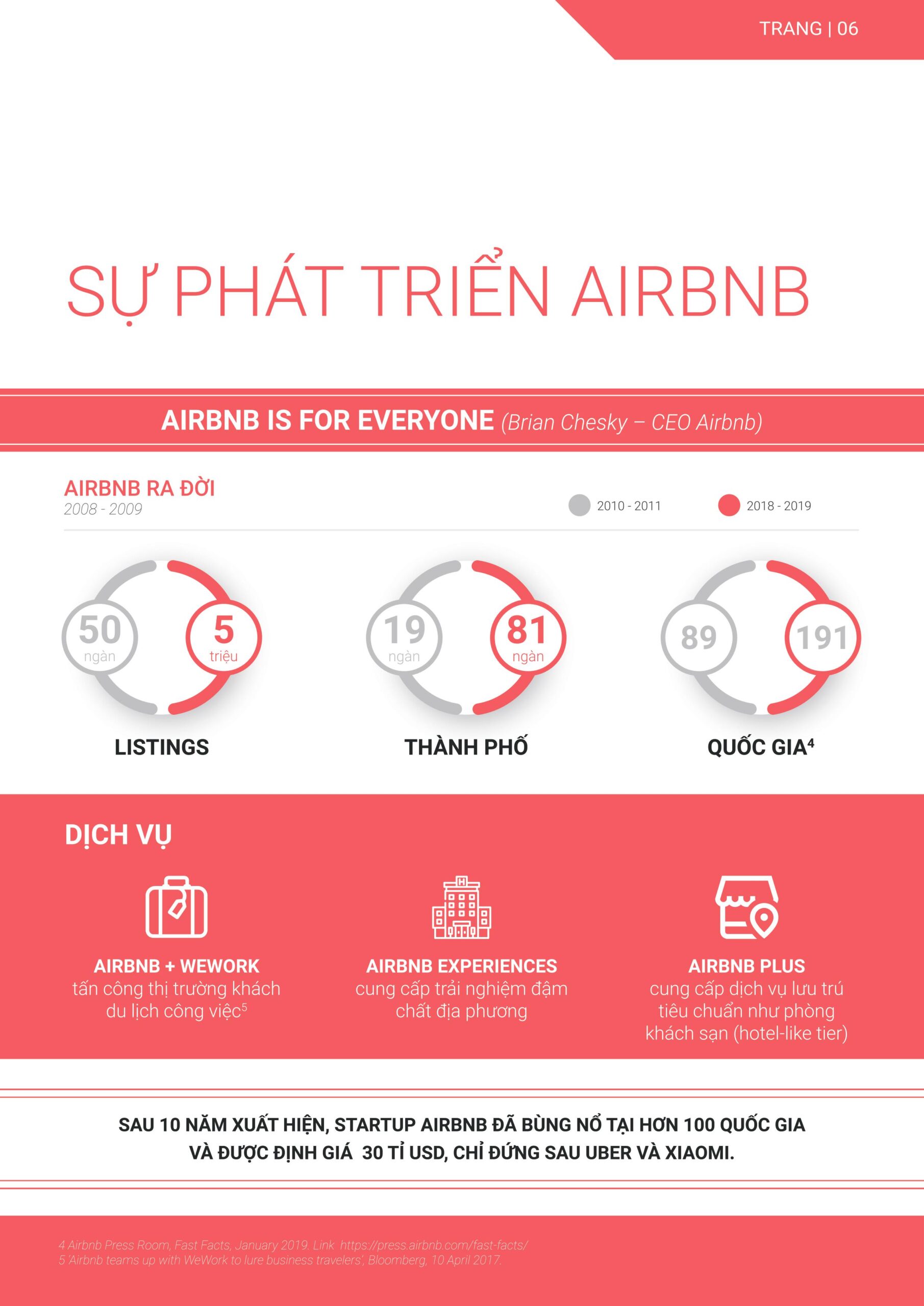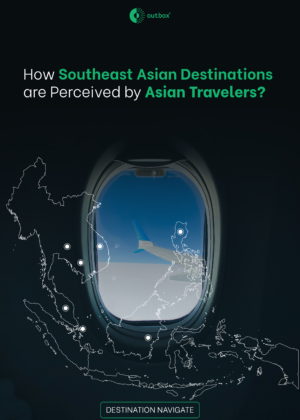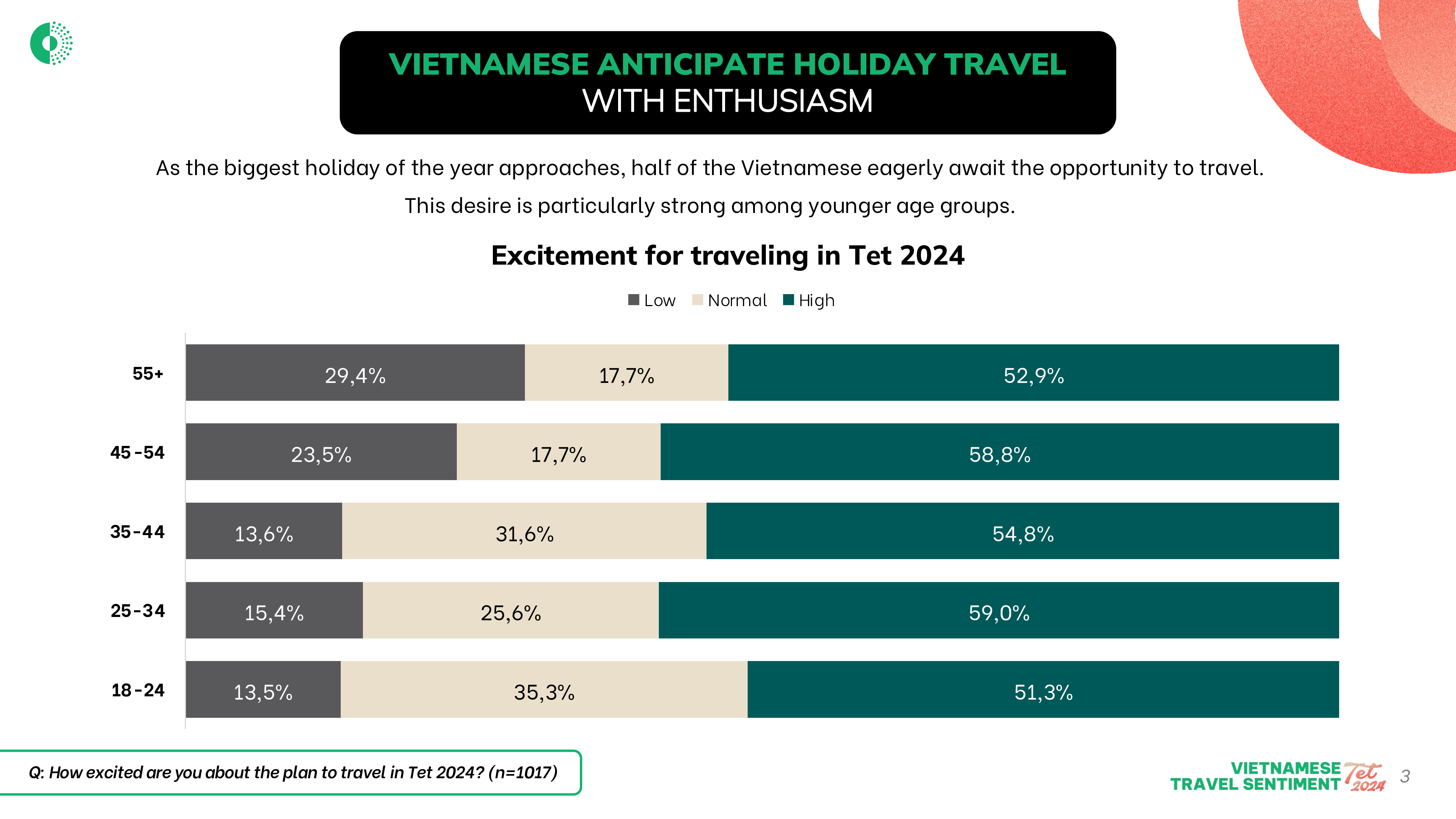Homesharing Vietnam Insights Report
Report Overview
The sharing economy continues to gain momentum, a new wave of peer-to-peer is shaking up many sectors. Whether borrowing goods, transports, leasing office, renting homes in exchange for money, consumers are showing a robust interest for the sharing-based economy. Ten years ago, the idea of staying in someone’s house while on holiday would have been completely straight. But as the world continues to evolve, so does the way we live, work and travel. The concept of home sharing is not new but its recent emergence in Vietnam has brought a new and exciting element to Vietnam hospitality industry.
While Airbnb is a worldwide platform – with more than 5 million listings across 191 countries, Airbnb is still considered as a newbie in Vietnam market. From 6,500 listings in 2016, Airbnb has grown to more than 16,000 listings as of spring 2018 and become the major player of this segment. Nielsen Vietnam noted that 76% of Vietnamese like using “shared products and services”, compared to 66% globally, and this has created a positive image for the homesharing phenomena. This report draws the portrait of homesharing in Vietnam through Airbnb platform, in which the context of this phenomena, profiles of hosts and guests involving in this peer-to-peer business are highlighted.
This Report is published in Vietnamese only.
What’ll you learn from this Report
1. The definition of homesharing as a part of the sharing economy
2. A brief picture of Airbnb development over the last decade
3. A distribution map of homesharing popularity across Vietnam
4. A description of Airbnb community in Vietnam through genuine figures
5. Profile of Airbnb hosts in Vietnam
6. Profile guests using Airbnb as an alternative for traditional forms of accommodation
0 ₫
